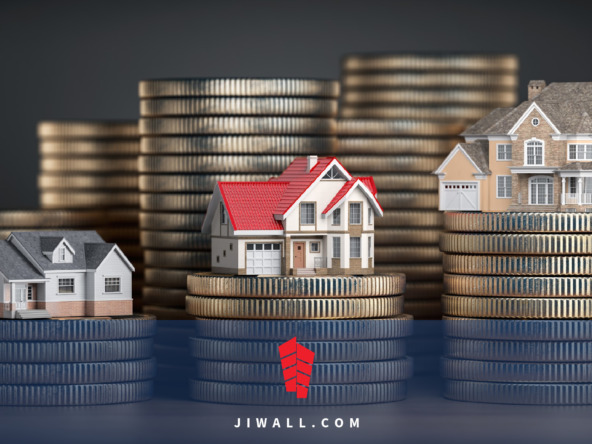Technology occupies a central place in human economies today. Since the advent of digital technology, all areas of activity have been turned upside down, until the creation of sub-sectors capturing the attention of parent sectors. Finance, insurance and catering, to name but a few, have seen the advent of FinTech, AssurTech and FoodTech, respectively. These innovations are disrupting traditional operating methods. And now, since 2017, the advent of Proptech has gradually shaken up the global real estate market, which is worth $ 8.9 trillion.
This new field of activity is already present in Senegal and is expected to grow, given the unstructuring of the market, the omnipresence of the informal sector and the lack of innovation.
Table des matières
What is PropTech ?

PropTech (or real estate fintech) is the set of uses made of information technology in order to transform the real estate sector and the “built world” by offering solutions for :
- Extract, organize and analyze data;
- Optimize transactional processes;
- Marketing real estate online;
- Design, build, occupy and manage buildings;
- Develop financing alternatives (crowdfunding);
- Connect actors;
- And so many others.
PropTech can be divided into several categories, the most dominant being :
- Smart Real Estate, the aim of which is to simplify the operations and management of real estate;
- Real Estate FinTech, which facilitates the marketing of owners’ real estate;
- The sharing economy, whose actors want to facilitate the use of real estate;
- Innovative construction (Contech) which facilitates the way we plan, design and construct our buildings;
In short, a PropTech innovates in the real estate sector thanks to cutting-edge technologies such as BIM, artificial intelligence, machine learning, or quite simply by rethinking business models and the way to serve more and more clients. more demanding.
In Senegal, it represents an unprecedented opportunity

The digital revolution is still in its infancy in Senegal, although the country is considered one of the bridgeheads of this phenomenon in French-speaking Africa. FinTech, delivery services and e-commerce sites have experienced impressive growth in recent years.
However, given the importance of real estate in everyone’s life, the multitude of inefficiencies and the infrastructure deficit, this sector is just waiting to be transformed. According to the African Development Bank, the infrastructure deficit in Africa is estimated between 87 and 112 billion dollars per year.
For now, the Proptech landscape is mainly made up of research sites like Mamaison.sn and Senhectare.com. Jiwall is one of the few startups active in real estate. Jiwall relies on the sharing economy to provide crowdfunding (crowdfunding) and crowdbuilding (crowdfunding) services.
PropTech to solve the continent’s biggest challenges

Proptech represents an opportunity for our economies as it tends to solve the biggest problems that our countries will face in the years to come, such as access to housing and climate change.
Access to housing
Africa faces rapid urbanization and a rapidly growing housing deficit. The affordability of housing is a major issue. Solutions for its financing such as crowdfunding and the sharing economy are welcome, given the embryonic state of the financial markets. The drop in construction costs, through the use of solutions such as 3D house printing and the use of innovative materials, will allow builders to gain in competitiveness and to practice more accessible prices.
Climate change
According to UNEPFI, the buildings sector has one of the highest carbon footprints. Indeed, it currently contributes 30% of annual global greenhouse gas (GHG) emissions and consumes around 40% of global energy. According to the same institution, to meet the commitments made in Paris, we will have to avoid 77% of total CO2 emissions from the building sector by 2050 compared to current levels. This reduction can only be achieved through solutions from Proptech, not only to control the energy expenditure of our buildings but also to build in a more ecological way.







